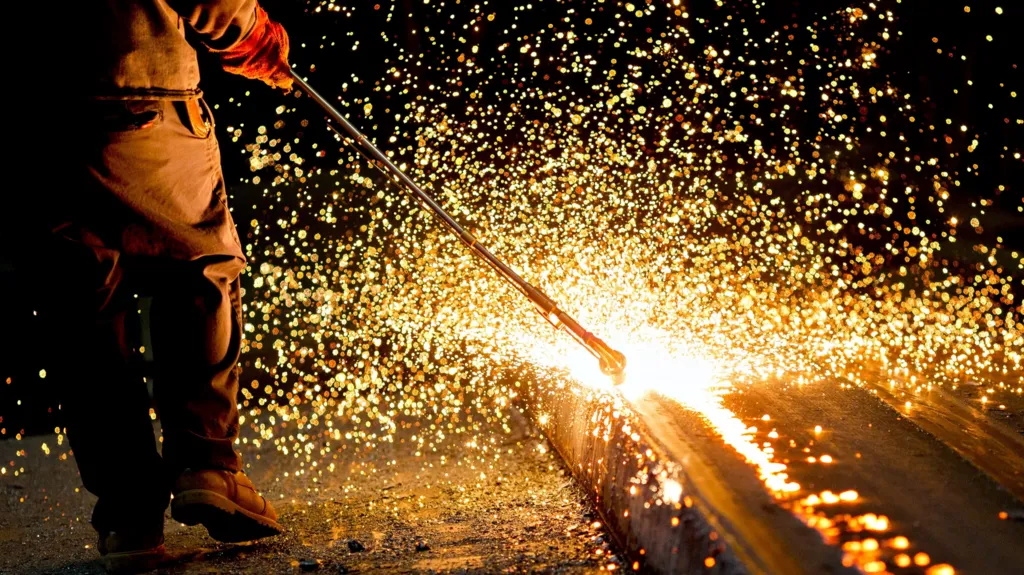The US Start-Ups Betting on Green Steel to Revive the Industry

In a Massachusetts business park where a day care centre and a tax office share space, a new kind of steelmaking is quietly taking shape. At its experimental facility in Woburn, Boston Metal is testing a method that could radically cut the carbon footprint of one of the world’s most polluting industries.
Instead of using coal-fired blast furnaces, the start-up applies electricity to iron ore mixed into an electrolyte and heated to 1,600°C. The process separates molten iron from impurities, offering a cleaner way to make new steel. “You can be making steel and sharing a parking lot with a daycare,” says Adam Rauwerdink, Boston Metal’s head of business development, highlighting the stark difference with traditional heavy industry.
Steel accounts for about 11% of global carbon emissions – nearly equal to all cars and vans worldwide. In the US, electric arc furnaces, which recycle scrap steel using electricity, are already more common than in many other countries. But firms like Boston Metal and Colorado-based Electra want to go further, by electrifying the initial iron-making step itself.
Electra, for example, dissolves iron ore in an acidic solution and uses low-voltage electricity to plate out pure iron at just 60–100°C, far cooler than conventional methods. A pilot plant capable of producing 500 tonnes a year is set to open in 2026. Its co-founder, Sandeep Nijhawan, admits the process is initially more expensive but says scaling could erase the so-called “green premium.”
Still, the road ahead is uncertain. Some large producers are cooling on hydrogen-based steel projects – Cleveland-Cliffs in Ohio recently appeared to shelve a $500m plan – and analysts warn the industry is running short of time to slash emissions. New technologies must scale up fast while keeping costs down.
Supportive policy will be critical. While Donald Trump’s steel tariffs may benefit domestic start-ups by protecting US producers, his administration’s mixed stance on renewables has created headwinds. Green steel, after all, depends on plentiful, affordable clean electricity.
Boston Metal hopes to have a demonstration-scale plant running by 2028. Electra’s team is aiming to prove its process next year. Both see themselves as part of a race to reinvent steelmaking before climate deadlines close in.
